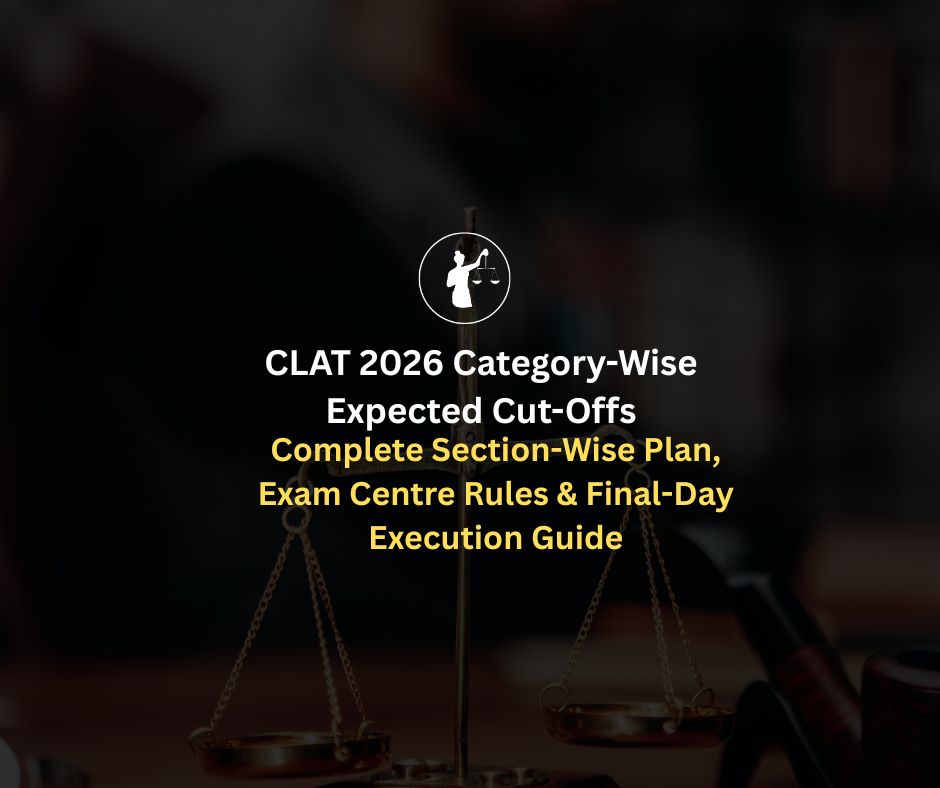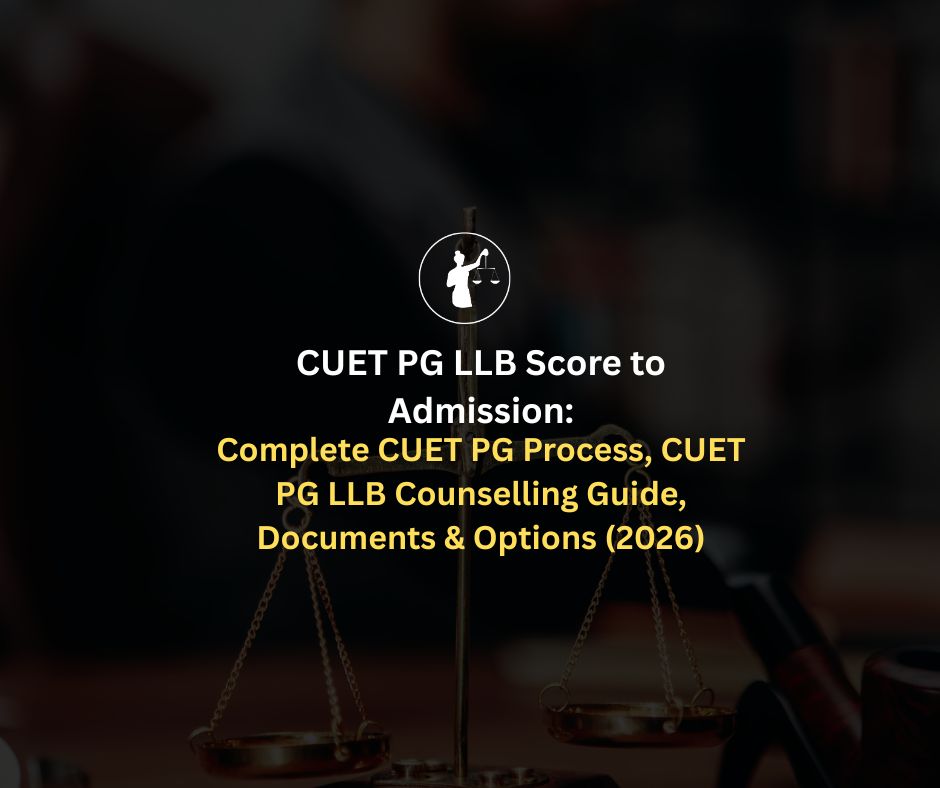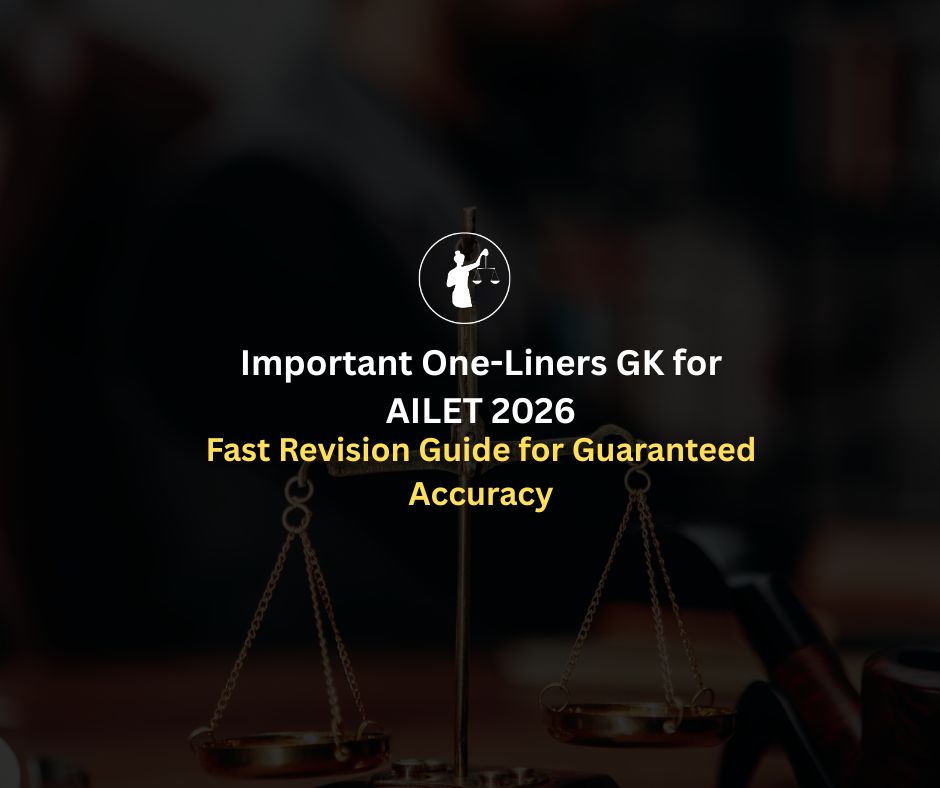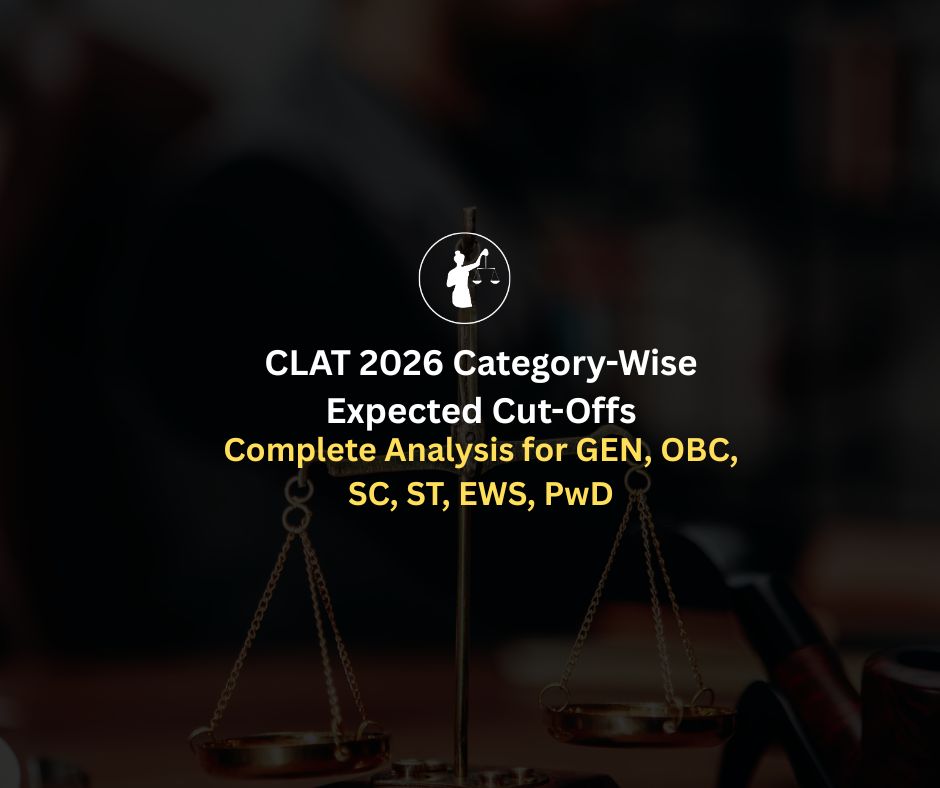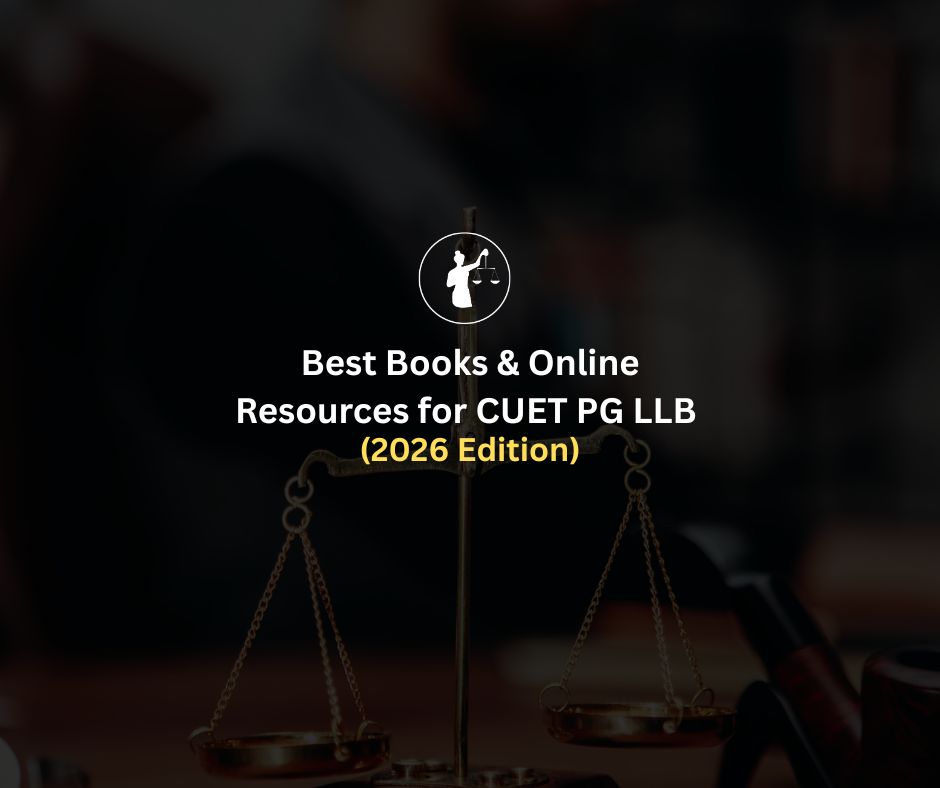Are you planning to take the NLSAT 2025 and wondering where to start? Preparing for the National Law School Admission Test (NLSAT) can feel daunting, but you can confidently navigate the journey with the right approach and resources. This guide offers beginners a step-by-step roadmap to ace the NLSAT, including tips on choosing the right NLSAT coaching and maximizing self-study.
The first step in preparing for the NLSAT 2025 is to thoroughly understand its exam structure and syllabus. Knowing what each section entails helps you tailor your preparation strategy to meet the specific demands of the exam.
Total Questions:
Approximately 75 questions, varying each year.
Topics Covered:
General Knowledge & Current Affairs:
Includes history, geography, political science,
major events, and current news.
English Comprehension
Focuses on grammar, vocabulary, reading comprehension, and sentence correction.
Total Questions:
Short-Answer Questions: Usually six questions, with a focus on legal aptitude and reasoning.
Essay-Based Question: One analytical question that assesses the candidate's ability to write a coherent, structured essay.
Creating a robust study plan is essential for effectively preparing for the NLSAT 2025. A well-structured plan helps you manage your time, focus on areas that need improvement, and steadily build the skills necessary for both objective and subjective sections of the exam. Here’s a step-by-step guide to building a study plan that sets you up for NLSAT success.
Before diving into preparation, it’s essential to understand your current knowledge and skill level. Taking a diagnostic test or working through a previous year’s NLSAT paper will give you a clear picture of:
Strengths: Subjects or areas where you’re already confident and performing well.
Weaknesses: Topics that require more focus and in-depth study.
Skills Gaps: Identifying gaps, especially in legal reasoning or analytical skills, which are crucial for Part B of the NLSAT.
Setting specific and achievable goals allows for a focused and progressive study plan. Break down your preparation timeline into three main phases:
Foundational Learning (Initial 2-3 Months)
Concentrate on understanding the basics of each subject, building a strong foundation in general knowledge, current affairs, legal reasoning, and English comprehension.
Intensive Practice (Next 2-3 Months
After covering the fundamentals, shift to intensive practice. Begin solving more difficult questions and expand your studies to cover higher-level concepts.
Revision and Final Prep (Last 1-2 Months)
Focus on consolidating knowledge and practicing full-length mock tests. Use this time to brush up on weaker areas and fine-tune your test-taking strategy.
The subjective section in Part B is crucial because it evaluates critical thinking, legal aptitude, and analytical writing, which many students find challenging. To excel in this section:
Dedicate Extra Time to Writing Practice:
Spend more time developing writing skills for short-answer and essay-based questions.
Practicing legal reasoning and analytical writing will help you present clear and concise answers.
Engage in Regular Critical Reading:
Read editorials, opinion pieces, and case summaries to understand
different viewpoints and arguments.
This will strengthen your analytical skills and help you form well-rounded, logical answers.
Review Key Legal Concepts:
Ensure you’re familiar with essential legal concepts, as these often form the foundation of questions in Part B.
Mock tests are indispensable for effective NLSAT preparation. Start taking them early in your study plan and increase frequency over time:
Start with Topic-Based Practice Tests:
Initially, focus on specific topics to improve your knowledge and comfort level in each subject.
Move to Sectional Tests:
As you become more comfortable, take full-length sectional tests for Part A and Part B. This will help in gauging time management within each section.
Full-Length Mock Tests:
Closer to the exam date, shift to full-length mock tests that simulate the actual NLSAT format.
This helps build exam endurance and identifies any lingering weaknesses.
After each test, analyze your performance, focusing on time management, accuracy, and areas that need improvement. Regular mock testing will boost your confidence and refine your test-taking strategy.
For many students, structured guidance from NLSAT coaching can significantly enhance preparation. Here’s why coaching can be beneficial:
Structured Syllabus:
Coaching programs typically follow a structured syllabus, covering all essential topics methodically.
Expert Guidance
Coaching provides insights from experienced instructors who understand the NLSAT’s demands and can offer effective study strategies.
Access to Practice Resources
Many coaching centers offer a range of practice materials, from sectional tests to full-length mocks tailored to the NLSAT.
Personalized Feedback:
Instructors can provide feedback on practice essays, short answers, and performance in mock tests, allowing you to address weak areas effectively.
By following this structured plan, you’ll be well-prepared to tackle the NLSAT 2025, confident in both your foundational knowledge and the specific skills needed to succeed.
Incorporate these resources into a structured study plan. For instance, dedicate mornings to reading current affairs, allocate afternoons to legal aptitude and reasoning, and spend evenings practicing English comprehension. Weekly practice with past papers and mock tests should also be included to track progress and improve test readiness.
Building Core Skills for NLSAT
Critical thinking is vital for tackling the subjective questions in Part B, where you’ll encounter complex legal scenarios and be required to provide clear, logical answers. Here’s how to strengthen this skill:
Practice Argument Dissection:
Legal arguments often involve layers of reasoning, counterpoints, and nuanced conclusions.
Start with editorials in legal journals or opinion pieces related to current legal matters.
Engage in Case Analysis:
Pick a landmark case and analyze it. Begin by identifying the facts, understanding the legal question presented, reviewing the judgment, and noting the reasoning used.
Regular case analysis will sharpen your ability to structure coherent, well-reasoned responses.
With various sections to complete within a limited timeframe, time management is a crucial skill to develop. Effective pacing not only allows you to answer all questions but also enhances the quality of your responses.
Timed Practice Sessions:
Practice questions or sections under strict time limits to simulate the pressure of the actual exam.
Start by timing individual questions, such as comprehension or legal reasoning, aiming to complete them more quickly over time.
Prioritize Based on Strengths:
Identify which sections or question types you’re most comfortable with and complete them first during practice sessions.
For instance, if English comprehension is a strength, aim to finish it quickly to maximize the time left for legal aptitude and essay questions in Part B,
which generally require more in-depth thought.
Legal awareness forms the foundation for success in the NLSAT, especially for Part B, where questions require an understanding of legal principles, important judgments, and recent developments.
Follow Legal News:
Staying updated on legal affairs helps you gain insights into emerging issues, judicial rulings, and legislative changes.
Following platforms like LiveLaw
provide timely updates on important legal developments.
Study Key Cases and Principles:
To develop a strong grasp of fundamental legal concepts, familiarize yourself with landmark judgments and legal principles.
Choosing whether to enroll in an NLSAT coaching program can be a pivotal decision in your exam preparation, especially for those new to law entrance exams. While some aspirants may succeed with a disciplined self-study approach, coaching offers structured support, resources, and guidance that can benefit your preparation.
Let’s break down how a coaching program might enhance your NLSAT preparation and help you decide if it’s the right choice.
The NLSAT exam requires consistent, disciplined preparation and an adaptable approach. Whether you choose NLSAT coaching or rely on self-study, focus on building foundational skills in legal reasoning, comprehension, and analytical ability. With dedicated preparation, you’ll be well-equipped to tackle the challenges of NLSAT 2025 and secure a place in one of India’s most prestigious law programs.
By following this beginner’s guide and creating a well-structured plan, you’ll gain the confidence and skills necessary to excel. Embrace the journey, stay consistent, and remember that every study session brings you one step closer to your law school dreams. Good luck with your NLSAT journey!
